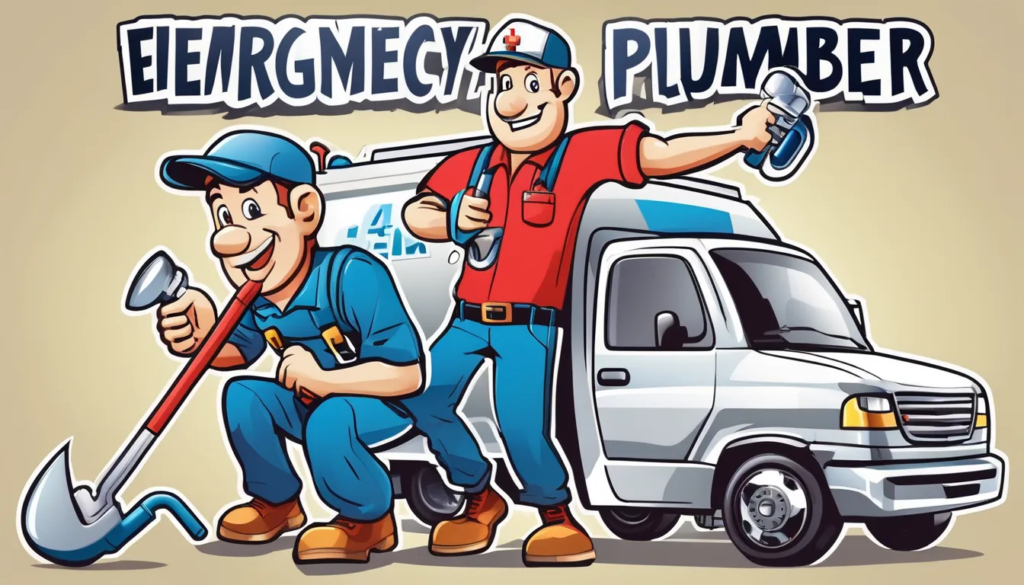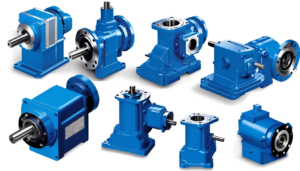
If you notice your boiler leaking, it’s crucial to assess the situation quickly. Not all leaks are created equal; some might just be a minor issue, while others can lead to serious problems like water damage or health risks. You might be wondering what signs to look for and when to take immediate action. Understanding the nuances can make all the difference in preventing larger issues down the line. A 247 emergency service is available all day to tackle your plumbing crises whenever they arise. Whether it’s a late-night leak or a weekend clog, help is just a call away. You can count on their expertise to restore comfort to your home at any hour! So, what should you keep an eye out for, and when is it time to call in a professional?
Signs of a Boiler Leak
When it comes to spotting a boiler leak, being vigilant can save you from bigger problems down the line. First, keep an eye out for any visible water pooling around the boiler. This is often the most obvious sign.
Next, check for damp spots on walls, ceilings, or floors nearby, as these can indicate a hidden leak. You should also listen for unusual noises, like hissing or gurgling, which may suggest escaping steam or water.
Another sign to look for is an increase in your heating bills. If your bills suddenly spike without a clear reason, it might be due to a leak affecting your boiler’s efficiency.
Additionally, inspect the pressure gauge; if it’s consistently below the recommended level, it could indicate a leakage issue.
Lastly, watch for rust or corrosion on the boiler’s exterior or pipes—this often signals a problem.
Potential Risks and Hazards
Ignoring signs of a boiler leak can lead to significant risks and hazards.
First, water damage is a primary concern. If you let leaks persist, they can cause structural damage to your home, ruin flooring, and promote mold growth, which can pose health risks for you and your family.
Additionally, a leaking boiler can lead to gas leaks if it’s a gas-powered unit. This situation is extremely dangerous, as it can result in explosions or carbon monoxide poisoning. You mightn’t notice the signs of a gas leak immediately, but the consequences can be fatal.
Moreover, leaks can cause pressure imbalances in your heating system, leading to inefficient performance or complete system failure. This not only adds to repair costs but can also leave you without heat during cold months, creating an uncomfortable and potentially dangerous living environment.
Lastly, electrical hazards can arise if water contacts electrical components. This could lead to short circuits or fires, posing a severe risk to your safety.
Addressing a boiler leak promptly is crucial to avoid these potential risks and ensure a safe living space. Don’t wait until it’s too late.
Immediate Steps to Take
Taking swift action is crucial if you discover a boiler leak in your home. First, turn off the boiler immediately to prevent further water damage and safety hazards. Locate the power supply and switch it off, then shut off the water supply to the boiler. This helps minimize any additional leaks.
Next, assess the area surrounding the leak. If you notice water pooling, use towels or a mop to soak up as much as you can. This will help reduce the risk of mold growth and further damage to your property.
Keep an eye out for any electrical appliances nearby, and if they’re in danger of getting wet, unplug them if it’s safe to do so.
If the leak is significant, move any furniture or valuables out of harm’s way. Consider placing buckets or containers under the leak to catch dripping water.
When to Call a Professional
A boiler leak can quickly escalate from a minor inconvenience to a major problem, so knowing when to call a professional is essential. If you notice water pooling around your boiler or hear unusual noises, don’t ignore these warning signs.
It’s crucial to act swiftly, especially if the leak seems to worsen or if you detect a strange smell, such as gas or burning. If the leak is significant and your floor is becoming dangerously wet, turn off the boiler immediately and contact a technician.
You should also call a professional if you find yourself frequently topping off the boiler with water; this could indicate a larger issue that requires expert attention.
Moreover, if the boiler is older or hasn’t been serviced in a while, it’s wise to get a professional assessment. Regular inspections can prevent complications down the line, and an expert can help you understand if repairs or a replacement is the best course of action.
Don’t try to tackle complex repairs yourself; it’s always safer to trust professionals who’ve the knowledge and experience to handle boiler issues effectively.
Preventative Maintenance Tips
Regular maintenance is key to preventing boiler leaks and ensuring your system runs efficiently. Start by checking your boiler’s pressure gauge regularly; it should typically be between 1 and 2 bars. If it’s too low, you might’ve a leak or another issue that needs attention.
Next, inspect the boiler for any signs of rust or corrosion, which can indicate wear and tear. Keep an eye on the joints and valves, as these are common leak points.
Cleaning the system’s components, like the heat exchanger, can also enhance performance and longevity. You should schedule annual professional inspections to catch potential problems early. A qualified technician can perform thorough checks and maintenance, ensuring everything runs smoothly.
Additionally, consider flushing the system to remove sediment buildup, which can hinder efficiency. Lastly, don’t forget to check your boiler’s pressure relief valve. It should open and close smoothly. If it’s leaking, replace it immediately.
Conclusion
In conclusion, if you notice signs of a leaking boiler, don’t ignore them. Addressing the issue promptly can save you from costly repairs and health risks. Always take immediate action by turning off the boiler and assessing the situation. If you’re uncertain or the problem worsens, don’t hesitate to call a professional. Regular maintenance is key to preventing leaks and ensuring your boiler runs safely and efficiently. Stay proactive, and keep your home safe and comfortable!






